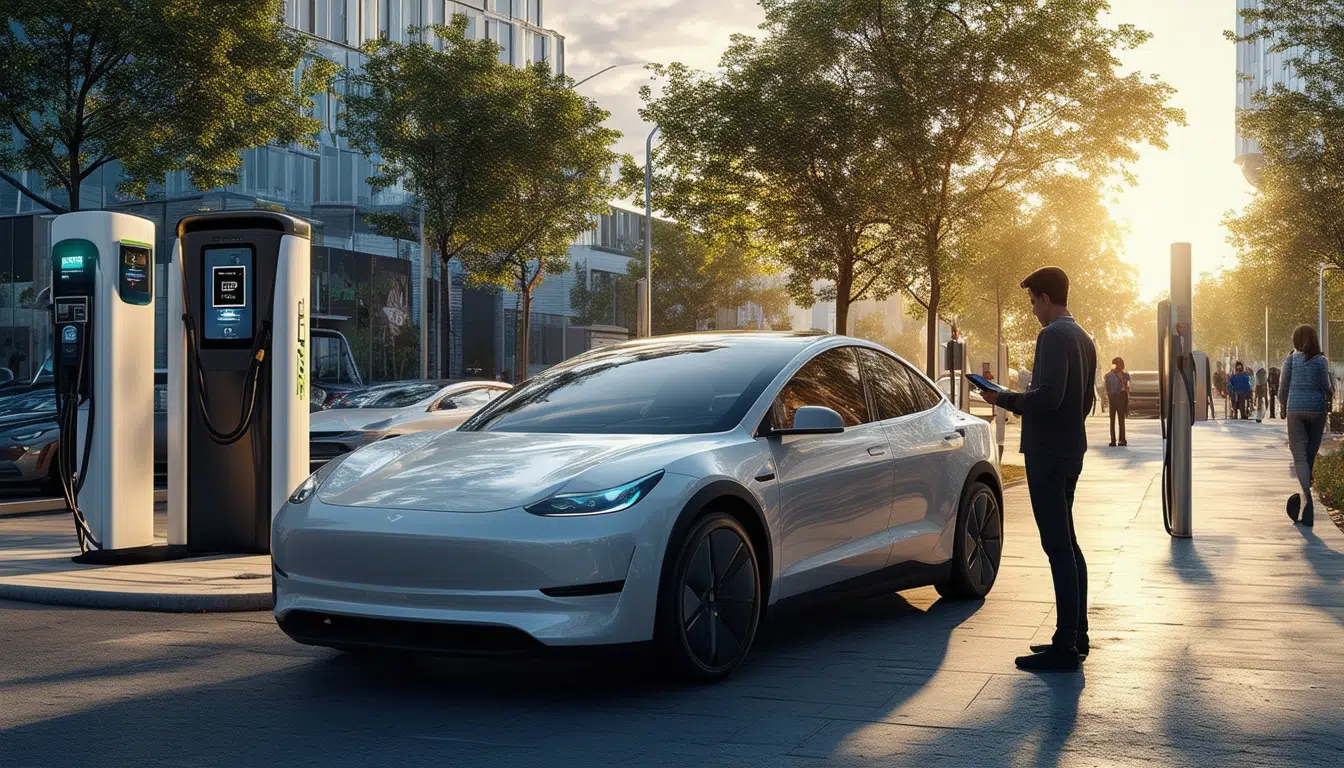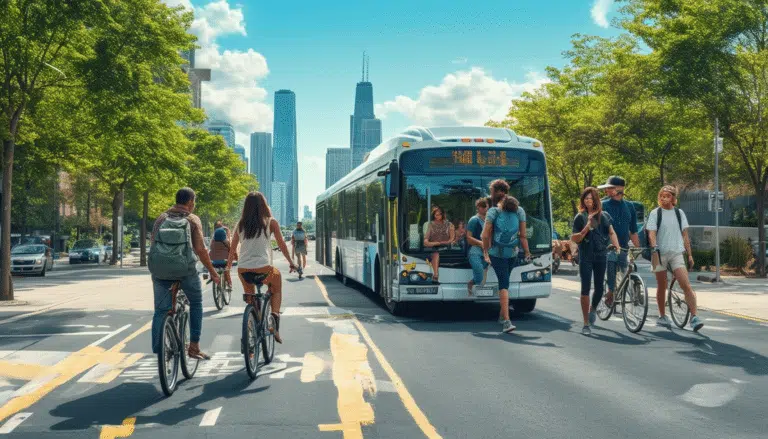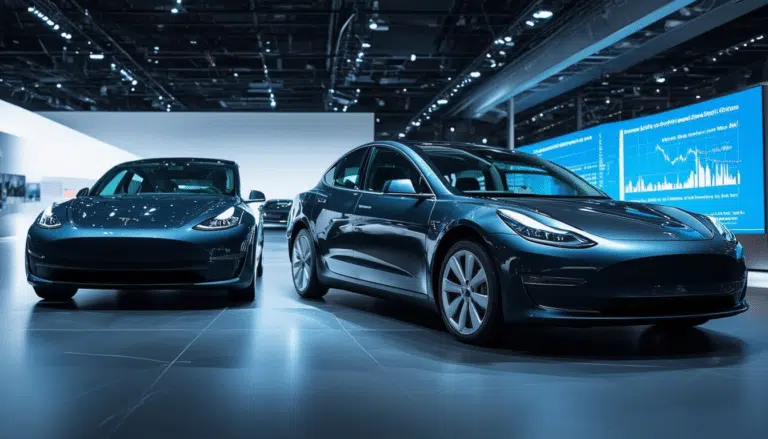Los coches eléctricos generan dependencia: sus usuarios no quieren regresar a los motores de combustión

In the world of contemporary mobility, electric cars have revolutionized the way people experience transportation. This change is not only due to environmental concerns or low maintenance costs but also to the degree of dependence these vehicles generate among their owners. Recent studies reveal that those who choose an electric car rarely want to return to traditional combustion engines. This phenomenon reflects a profound transformation in consumer preferences, who find in electric vehicles a more suitable option aligned with their expectations of sustainability and efficiency.
In the last decade, electric cars have significantly transformed the automotive landscape, becoming an attractive option for those interested in abandoning fossil fuels. Various studies reveal that electric vehicle drivers are reluctant to return to combustion engines, highlighting advantages such as environmental sustainability, low operating costs, and ease of driving. However, charging infrastructure remains a crucial challenge in the mass adoption of these vehicles.
The Transformation of Mobility
Mobility has undergone a drastic change in the last fifteen years. The urgent need to address climate change has driven the adoption of electric vehicles, which have now become a viable alternative for thousands of drivers. This change is reflected in the growing number of these cars on the road; although growth is uneven worldwide, with regions like Europe and Spain showing slower progress.
The Addiction to Electric Cars
The Global EV Alliance Study
An analysis from the Global EV Alliance highlights that an astonishing 92% of electric car users would never consider going back to a combustion engine. This conclusion is based on surveys conducted with over 23,000 drivers from 18 different countries, including the U.S., Canada, Brazil, and France.
Motivations Behind Electric Preference
The reasons that lead drivers to prefer electric vehicles are varied. On one hand, cost-effectiveness and low operating costs are crucial, especially when compared to gasoline or diesel cars. Moreover, climate concern drives approximately 40% of users towards sustainable mobility.
Advantages and Barriers of Electric Cars
The Environmental and Economic Benefits
Adopting an electric car significantly contributes to the reduction of dependence on fossil fuels, promoting a more sustainable future. Additionally, maintenance is generally less expensive due to fewer moving parts.
Infrastructure Challenges
Despite their clear benefits, electric cars face challenges, particularly regarding charging infrastructure. Although there are more fast charging points than gas stations in some areas, their availability and functionality may be inadequate for all users. This adds extra pressure to the need to increase and enhance their efficiency.
The Impact of Alternative Fuels
Finally, alternative fuels play a relevant role in sustainability. The incorporation of technologies such as the engine that converts its own heat into energy adds an additional layer of innovation to the sector.
Open Questions About the Future
As electric vehicle technology advances, the question arises whether current barriers can be overcome in a reasonable timeframe. Additionally, the future of electric mobility will significantly impact the cost structure of fuels and global energy demand.
The possibility of implementing strategies to optimize savings and energy efficiency will be crucial for fully integrating sustainable mobility.
Partial Conclusions
Although the outlook for adopting electric cars is positive, many factors still need to be addressed to ensure their long-term success. This includes improving infrastructure, educating about environmental and economic benefits, as well as a studied transition towards more responsible energy consumption.
The Transformation of Transport: The Inevitability of the Future
The revolution of electric cars does not stop. Despite fluctuations in their adoption and controversies over their effectiveness, these vehicles have marked a before and after in how we perceive mobility. The transition to sustainable mobility is more than a trend; it is an imperative need to combat climate change and ensure a cleaner future. This change is based not only on ecological arguments but also as a response to the pursuit of long-term economic and energy efficiency.
One of the main reasons driving the preference for electric vehicles is the driving experience they offer. The smoothness, silence, and advanced technology of these cars are factors that users find irresistible. Once experienced, it is indeed hard to go back. Evidence suggests that 92% of electric drivers do not return to combustion engines. This goes beyond a simple change of vehicle type; it is a change of mindset towards a commitment to cleaner and sustainable transport.
However, the charging infrastructure remains a key challenge. Although the number of charging points is increasing, their availability and functionality are areas that require significant improvements to ensure an uninterrupted future for electric car users. As governments and private companies invest more in this infrastructure, the ownership experience of electric vehicles will become even more attractive.
In essence, electric vehicles represent an opportunity to redefine our relationship with transportation. While challenges remain to be overcome, the environmental, economic, and user experience benefits are undeniable. The question is no longer whether the world will move toward an electric future, but when and how it will ensure that this transition is as smooth and effective as possible. The reluctance to return to combustion engines is a clear indication that the change has already begun and the path to a greener future is paved by the conscious decisions of today’s consumers.




